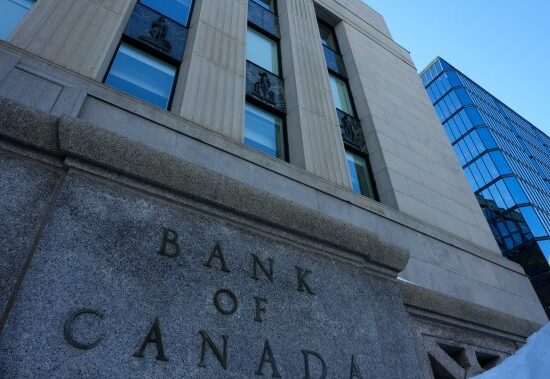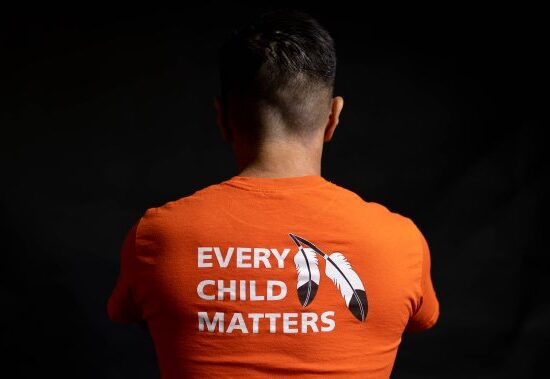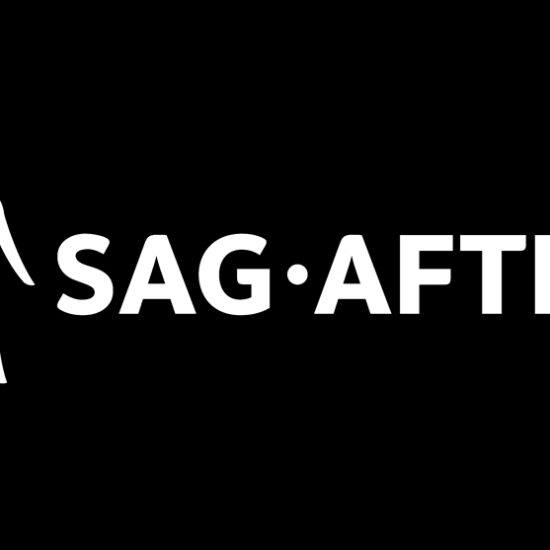
“Scotland under Westminster control is being held back,” Sturgeon told reporters. “For Scotland, independence will put the levers that determine success into our own hands.”
The last Scottish independence referendum was held in 2014, when the majority of Scots (55 percent) voted to stay in the U.K.
However, Sturgeon’s pro-independence Scottish National Party won a majority in Scotland’s Parliament in 2021 and rules with Green Party support.
“The people of Scotland elected a Scottish Parliament with a decisive majority in favor of both independence and the right to choose. The Scottish Parliament therefore has an indisputable democratic mandate, and we intend to honor that,” she told reporters in Edinburgh.
The United Kingdom’s divorce from the European Union has also been a game changer, Sturgeon argues. Scotland voted overwhelmingly against Brexit, 62 percent to 38 percent, during the 2016 vote, which she said left Scotland at a “critical juncture.”
The Scottish National Party has previously said it wants to hold a new vote on independence by the end of 2023.
Johnson staunchly opposes another referendum and said Tuesday that an independence “decision was taken by the Scottish people only a few years ago, in recent memory. I think we should respect that.”
He said all governments across the U.K. should focus on the cost-of-living crisis and the ongoing impact of the coronavirus pandemic, urging Sturgeon and other lawmakers to “focus on the things that people really want us to deal with.”
Sturgeon acknowledged that Johnson’s government would probably contest any effort by the Scottish Parliament to call for a binding referendum without a special order granted by Westminster, but she said that would not deter lawmakers.
“Democracy within the rule of law is how differences of political or constitutional opinion should always be resolved,” she said. “If we are to uphold democracy here in Scotland, we must forge a way forward. … However, we must do so in a lawful manner.”
Such a vote could break up the more than 300-year-old union between Scotland and England. Wales and Northern Ireland also have smaller, devolved parliaments within the U.K. They legislate on matters such as education and health care but rely on Westminster for most funding and other major functions, such as defense.
John Curtice, a leading Scottish pollster and a politics professor at the University of Strathclyde, told the BBC on Tuesday that opinion polls were basically “divided down the middle.”
“If you take the last half dozen polls, they on average point to Yes 48, No 52,” he said on the question of independence. “Both sides need to campaign, because at the moment neither side in the argument can be sure of winning.”
Some Scottish newspapers accused Sturgeon on Wednesday of bowing to pressure to “appease her political base,” while opposition lawmakers there called her announcement a distraction.
“The same old speech from Nicola Sturgeon,” said the leader of the Scottish Labour Party, Anas Sarwar. “It’s her taking us back to the politics of the past, focusing on division and strife and trying to pit Scot versus Scot.”













